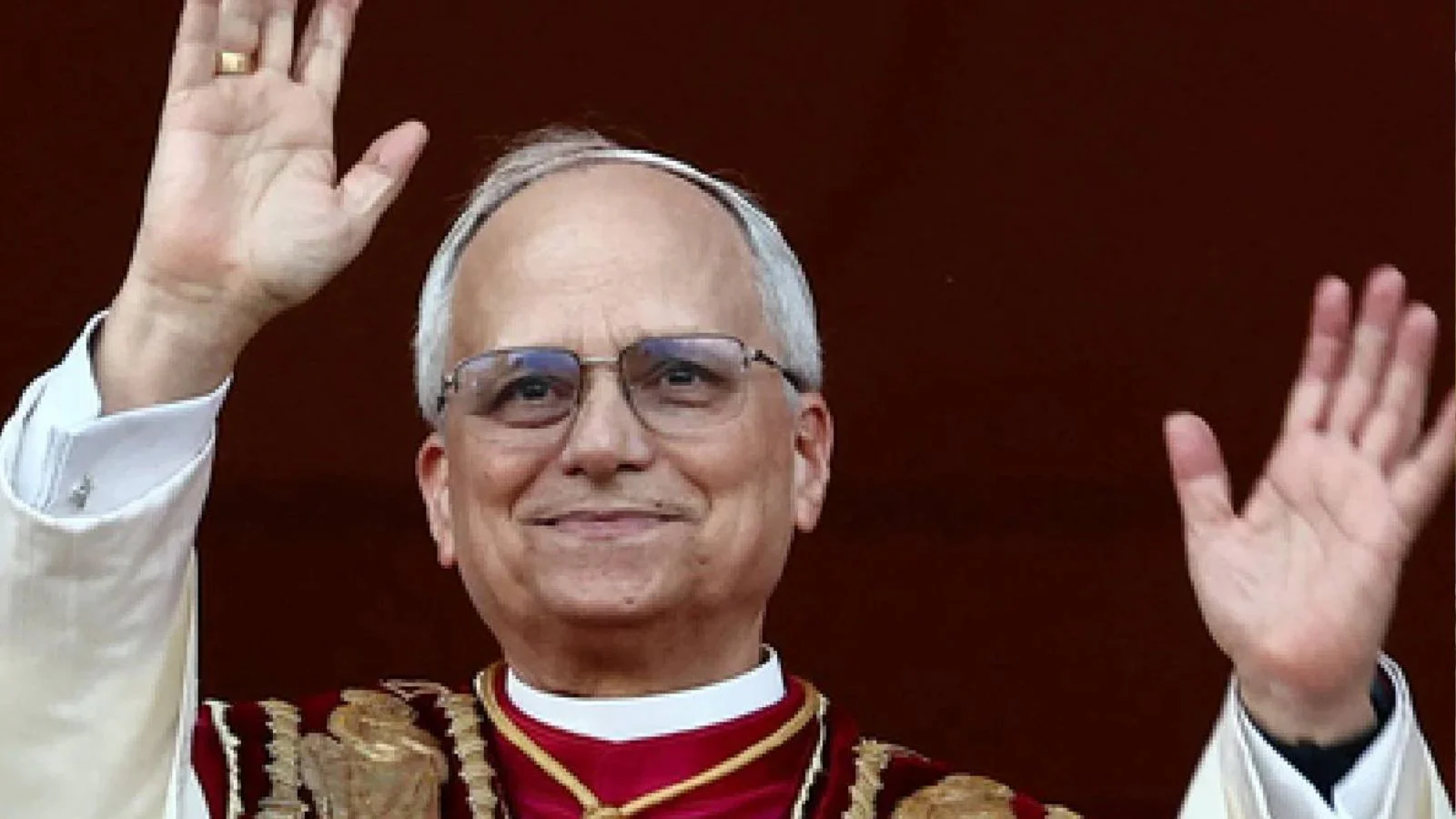By News18
Pope Leo XIV, the newly elected leader of the Catholic Church, has resumed the long-held tradition of a papal summer retreat, heading to Castel Gandolfo for a six-week stay that marks his first real break since becoming pope on May 8.
The hilltop town, located just south of Rome on Lake Albano, had not hosted a pope in residence since Pope Francis chose to remain in the Vatican during summers. Local residents are welcoming the return of a pope to the papal villa, hopeful that his stay will bring both spiritual and economic renewal.
Pope Leo, known for his reserved and humble approach, is not expected to spend the retreat idly. In his very first sermon, he reminded the cardinals that authority in the Church must be marked by humility, saying leaders must “make oneself small” so that only Christ remains.
Though he may be away from public view, Leo is not expected to be idle. Those close to him say he’s a diligent and methodical worker who prefers to read full reports rather than summaries. He’ll likely use this time to reflect and study some of the Vatican’s most pressing challenges.
During his time away from public appearances, the pontiff is expected to review several major issues. These include key appointments within the Vatican, especially his own successor at the office overseeing bishop nominations, and a possible new Secretary of State. The Vatican is also facing serious financial concerns, including a structural deficit and a large pension shortfall.
Legal and moral issues are also on his agenda. The pope will need to address high-profile abuse cases, particularly that of the Rev. Marko Rupnik, and decide how to respond to the fallout from the Vatican’s recent financial trial involving Cardinal Angelo Becciu.
Other challenges include growing divisions over the Latin Mass, which some hope Leo will help reconcile, and questions about the Church’s role in guiding society through emerging technologies like artificial intelligence.
Travel may also be under consideration, with invitations on the table from leaders in the US, Ukraine, Argentina, and Turkey.
(With inputs from AP)
